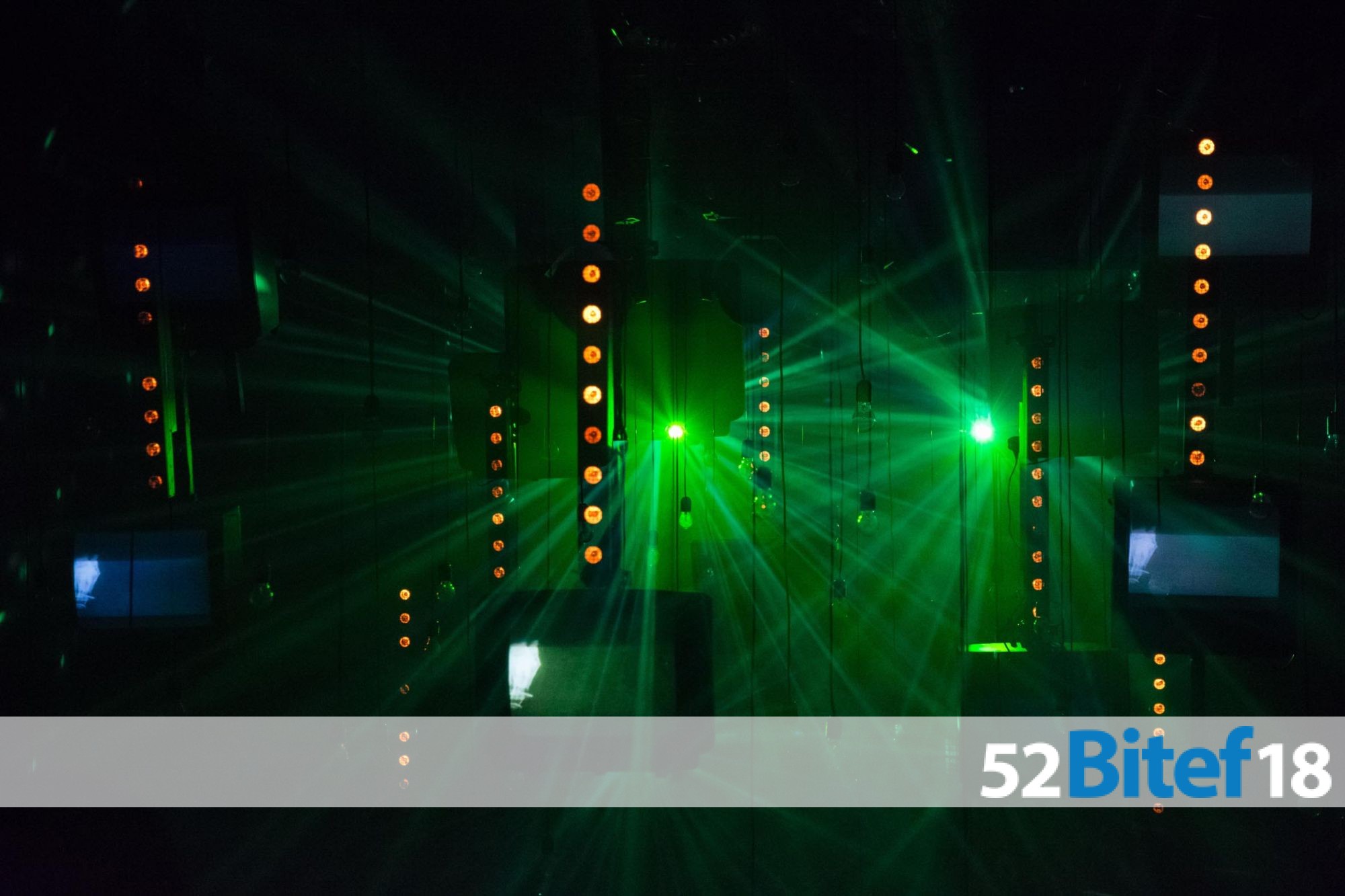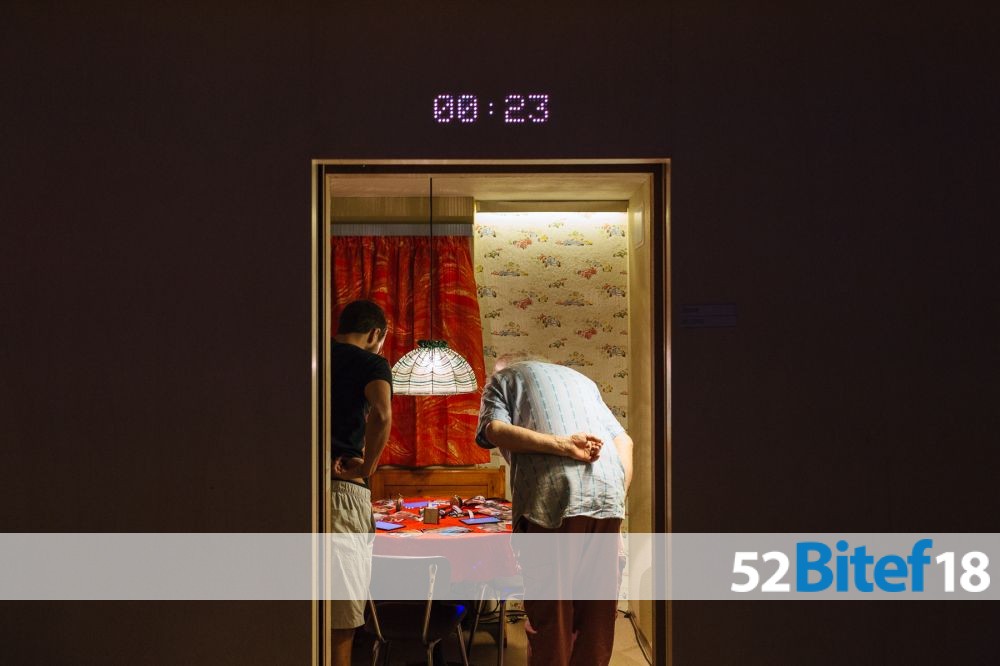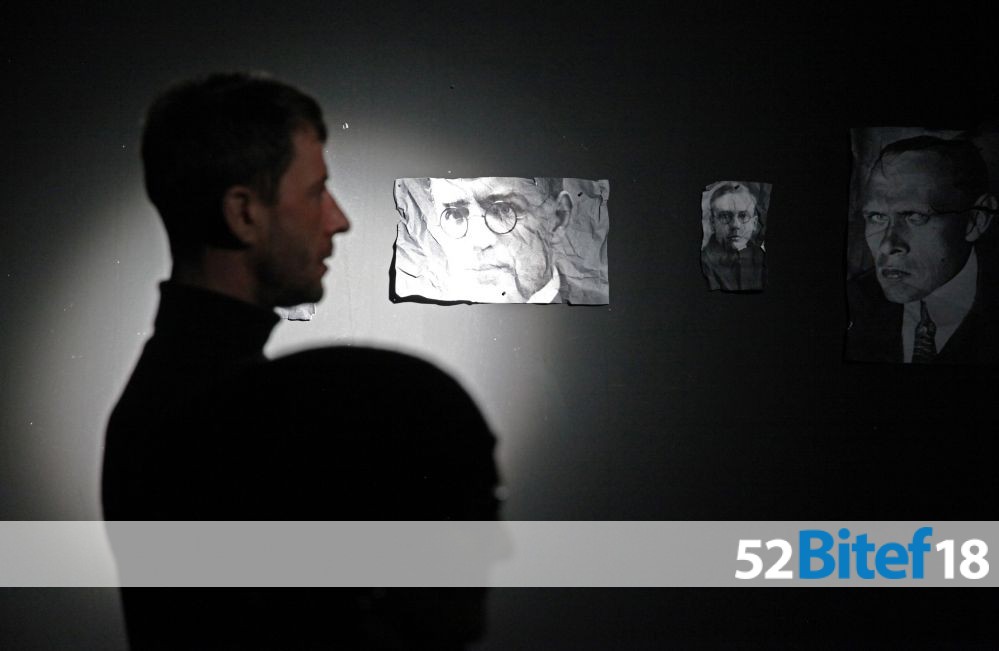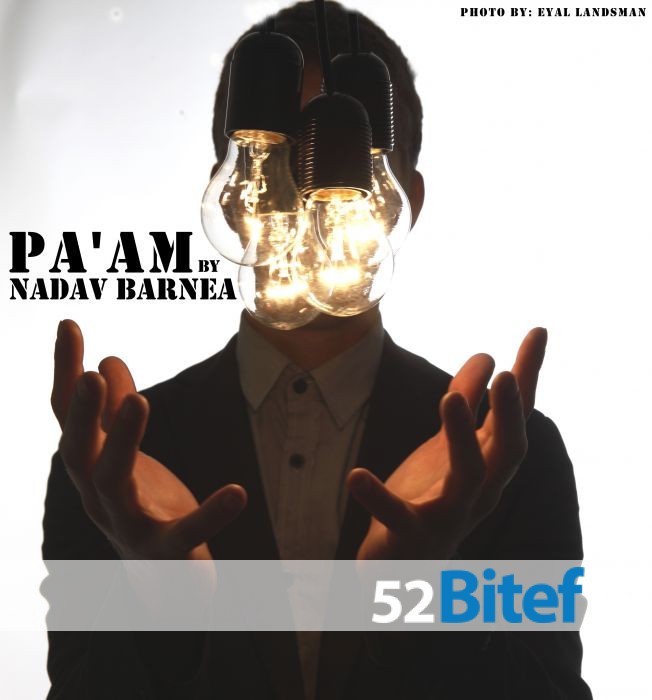Fifty-second edition of Bitef will be held in Belgrade from the 13th till the 22nd September under the slogan The World Without Us. One of the segments of this year's festival, whose two of three productions directly deal with the phenomenon of death, reveals one more significance of the slogan. These are theater installations, performances without live actors on the stage.
Eternal Russia opens block performances consisting of video installations. It will be on the program, on the 19th , 20th and 21th , in several terms. A well-known Russian and European theater critic, Marina Davidova, created with a visual artist Vera Martinova and composer Vladimir Rarev, a spatial installation that, through a spacious maze of several scattered rooms, leads us to the maze of Russian political and cultural history, from the centenary struggle for social freedom that culminated in the October Revolution, until our time. This performance produced by the theatre HAU Hebbel am Ufer from Berlin contains a double political provocation aimed at both leftists and right-wingers.
Israeli artist Nadav Barnea, the author of the performance Pa'am, which will be on the repertoire on the 20th and the 21th September, is the discovery of this year's Bitef. This comprehensive artist has taken part in a series of projects that include numerous disciplines. Some know him as a rock singer, a guitarist, others as a light designer, and he is also the author of music for a wide range of theater and dance productions. In his specific style, Pa'am is a play that contains elements of lighting design, sound and video. It is a unique installation, which, according to the art director Ivan Medenica, combines the most contemporary stage expression with an ancient sense of a death. The word Pa'am in Hebrew means time or once, with connotations once upon a time.
Nachlass, piece sans personnes round off a whole of three installations on the 52nd Bitef. This is the work of the famous director Stefan Kegi, one of the three members of the world-renowned Rimini Protokoll collective, and the production is one of the leading Swiss theaters, Theatre Vidy from Lausanne. The performance is completely self-supporting in a thematic, atmospheric and emotional way. It is not a maze of history that always returns us to the same point, but a museum of memories of individual, ordinary people who no longer exist, or who will soon leave us. This installation will provide the Bitef audience with both material and physical frames for a very powerful atmospheric, emotional and metaphysical experience.
Bearing in mind these three works, it may seem unusual for the theater festival to provide a large space for installations, however, according to the Bitef’s dramaturge Filip Vujošević, this is not a coincidence.
In the context of traditional prejudices in experiencing of theater forms and genres, and experiencing what is the theater and what is not, is the fact that all three installations are made for playing in the theater, not for galleries or other places, says Filip Vujošević.
In other words, if the producers treated these projects as a theater performances, it creates the impression that every debate about whether these projects should take a place at the theater festival is superfluous.



